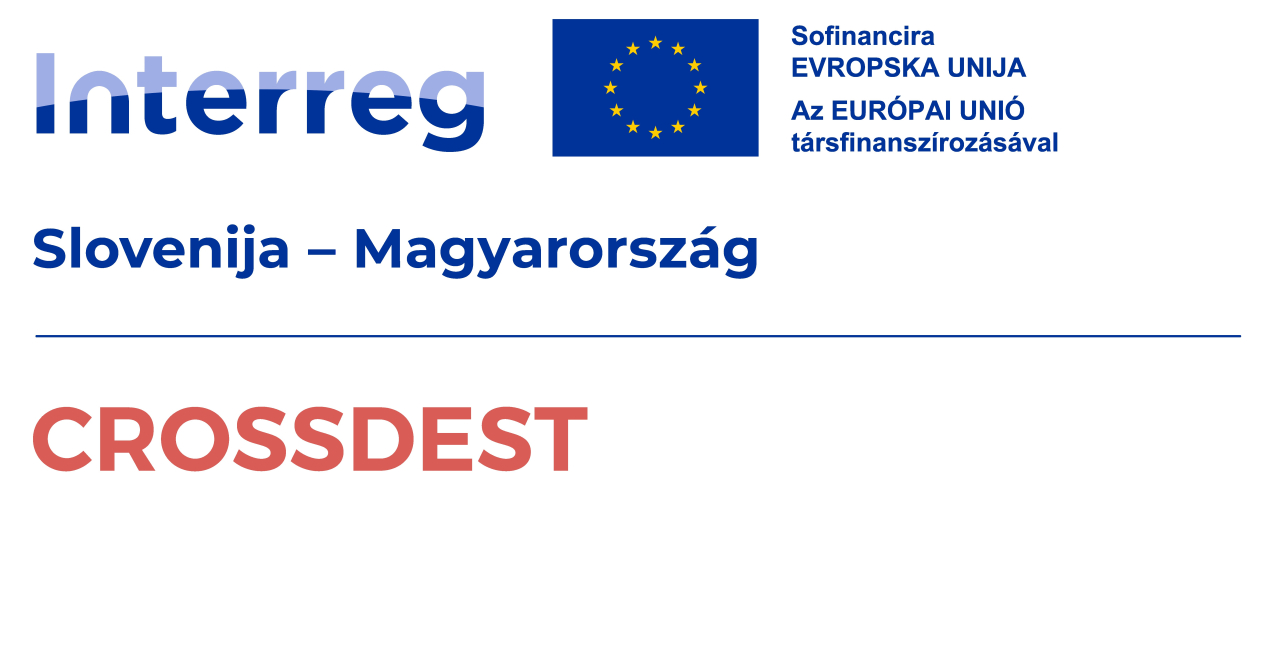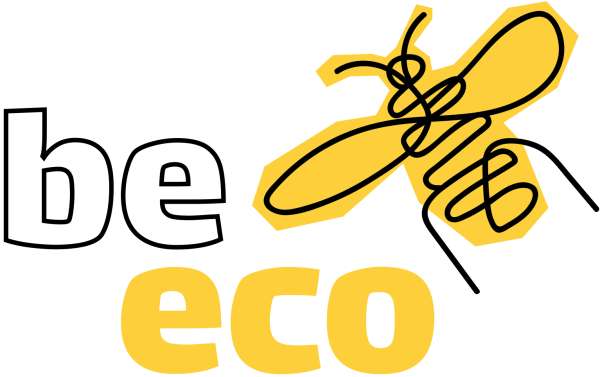Cayo District, Belize
Cayo District, located in western Belize, is a vast and diverse region known for its rich natural landscapes and vibrant cultural heritage. Bordering Guatemala and spanning over 5,300 km², Cayo is a haven for eco-adventure seekers. From majestic caves and rivers to ancient Maya cities and lush jungles, it offers immersive experiences for travelers in search of both nature and meaning. Cayo is blessed with a little bit of everything. Discover world-famous archaeological sites such as Caracol, Xunantunich, and Cahal Pech. Hike deep into the jungle to explore the sacred Actun Tunichil Muknal (ATM Cave) or enjoy a slower-paced experience in Elijio Panti National Park. Float down rivers, chase waterfalls, and connect with Belize’s Mestizo culture through traditional dishes like pibil and relleno. Whether it’s by hike, truck, or boat, epic journeys begin here—just don’t forget to relax along the way. As part of a country firmly committed to sustainable development, Belize proudly participates in the Green Destinations Top 100 Stories competition. In 2024, Cayo was not only included in the Top 100 but also won 2nd place globally in the Culture & Tradition category at ITB Berlin with its story: 🎥 “Loving Cayo, the heart that gives life to the biocultural heritage of Belize” ▶️ https://youtu.be/yibvdQG8Fmk?si=wTCbXzmHSJ64AWZ9 In 2025, Cayo continues its journey by submitting a new story: 🎥 “Loving Cayo, a harmonious blend of conservation & culture for a vibrant future” ▶️ https://youtu.be/gcmSet7XRkY?si=TBRp1ptkOOX4--cu Cayo is more than a destination—it’s a living example of how conservation, culture, and community can shape a vibrant and sustainable future. https://www.travelbelize.org/
Getting there
- Car
- Bus (rented for the trip)
Arrival
- Walk
- Bike
- Car
- Public bus transportation
Parking information
- Free outdoor parking available
- Paid parking available
Sustainability level
Topic 1: Destination Management 76%
- Visitor management: 80%
- Commitment and organization: 100%
- Design & development: 100%
- Monitoring and reporting: 50%
- Legal and ethical compliance: 50%
Topic 2: Nature and landscape 90%
- Nature and wildlife protection: 100%
- Nature and conservation: 80%
Topic 3: Environment and climate 58%
- Land use and pollution: 100%
- Water management: 10%
- Energy, sustainable mobility and climate change: 29%
- Adaptation to climate change: 100%
- Waste and recycling: 50%
Topic 4: Culture and traditions 83%
- Cultural heritage: 67%
- People and traditions: 100%
Topic 5: Social Welfare 79%
- Health and safety: 100%
- Local economy: 100%
- Socio-economic impacts: 50%
- Community participation: 75%
- Human dignity: 71%
Topic 6: Business and Communication 86%
- Business participation: 89%
- Information and marketing: 83%




















